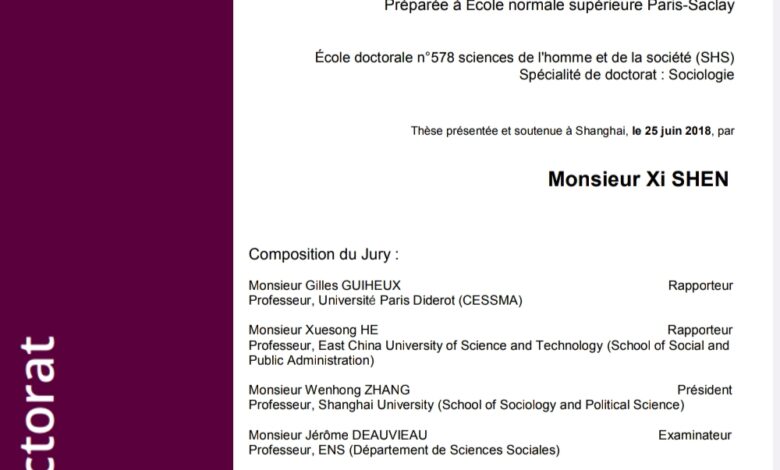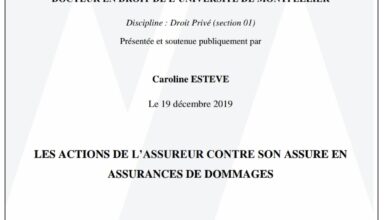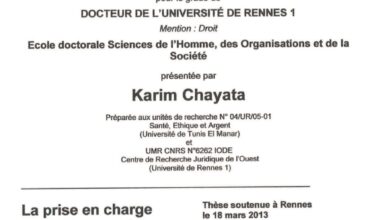
The Institutional Evolution of Social Insurance in China: A Sociological Study of Law Mobilization
The Institutional Evolution of Social Insurance in China: A Sociological Study of Law Mobilization

Keywords: Institution, Welfare state, Sociology of law, Employment structure, Legal case
Abstract: Market reform in China has been
widely understood as a process in which
paternalistic socialist danwei was replaced by
labour contract that is liberal-oriented.
In this regard, decline of all-encompassing welfare arrangements and the rise of social insurance is seen by mainstream as a market phenomenon, recent legislations on social rights are discussed within Polanyi an double-movement framework which invokes the dichotomy between state intervention and market.
This study provides an alternative perspective
by rethinking the evolution of China’s modern
labour transformation in an institutional way.
We show that inherited employment structure
rooted in danwei lied at the core of China’s
labour laws in reform time.
Employment protection remained relevant while influx of informal labour from rural area boomed in urban private sectors.
The later, increasingly became labour market outsiders who are vulnerable as to their precarious condition.
This institutional configuration amounted to a
hierarchical structure in which core workforce is clearly distinguished from precarious one in
terms of job stability and welfare benefit.
Despite the recent legislations which aim at
making social insurance more inclusive, through our field study on labour dispute resolution practice in the labour arbitration and court, we found that the extent to which people can benefit favourable legal terms is contingent as the ability to mobilize law can differ in terms of people’s own preoccupation in the labour
market.
The Capability approach and Sociology of Law
allow us to develop a nuanced analytical
framework whereby we could identify the
underlying reason why people take various
strategies while contesting ‘abstract law’ in
concrete situation.
Our study concludes that labour legislations are not necessarily intentional reactions to market momentum but rather, as essential form of social convention, initiated the framework in which parties coordinate their economic activities.
To download, click here. Enjoy reading.


